The 5 Components That are CRITICAL For Piano Success
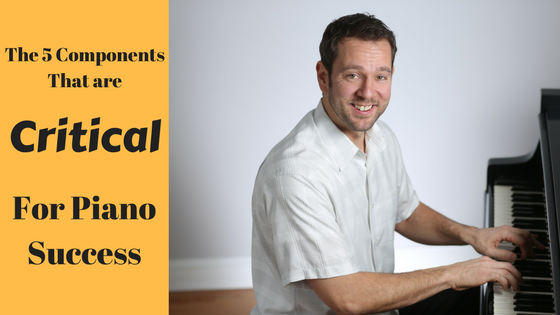
As a professional pianist and teacher for more than 25 years, I’ve learned that there are 5 critical components that need to be a part of any piano program.
Let me share with you the 5 components with you now…
#1 – A Human Teacher
Lessons need to be taught by a human being. In our ever increasing world of technology and automation, it is important for students to make a human connection with their piano teacher. This can be done live or via video.
Learning the piano is like learning a language. We weren’t taught to speak by a computer…we learned from our parents, family and teachers. Learning the piano is no different. As humans we learn so much through facial expression, tone and the human voice, and while software can be a fun tool to accompany lessons, make sure the piano lessons are taught by a human being.
I know that there are many software-only solutions to learning the piano that connect to your computer with a MIDI cable. In my experience, these programs are not a full-featured solution for learning the piano. Software solutions to learning the piano usually contain games to play, but in all my years teaching and performing, I’ve never met another musician who learned their instrument via software!
#2 – See What’s Being Played
When I was learning the piano, one of the difficulties I faced was being able to see what my teacher was playing. Either they played too fast, or their hands were in the way for me to clearly see what they were playing.
This is why it is important to find a program that makes it easy to see what is being played. Look for a piano program that allows you to slow down the video and also features a virtual keyboard of some kind to make it easier to see EVERY note being played.
Video lessons are superior in this regard because you can stop and start lessons at will. The virtual keyboard, along with the ability to control the playback speed, is a powerful tool to ensure that every student finds piano success.
#3 – Is There a Clear Method?

All good piano methods will teach students how to read music and play rhythms. Great methods also teach students how to use their ears, create their own music and learn to improvise.
Look for a complete program that includes both reading music along with ear training and improvisation. This is the best way to create a well-rounded pianist that has all of the tools necessary for lifelong learning.
#4 – Testing Your Knowledge
As with any method, it is important to test your knowledge. Make sure that any piano program you choose has quizzes that allow you to see how well you’re absorbing the information.
#5 – Keep the Record Straight!
The last component that’s critical is having access to a running record of your progress. When teaching privately, each of my students would have a notebook where we would record their assignments and notes.
Using technology, this ongoing “record of achievement” can now be stored online.
No matter how you keep records, it is important to record progress so you can go back and see all of your accomplishments.
Learning to play the piano is a wonderful gift. Use the information in this email to get the best possible piano lessons for you and your family.
If you are looking for a piano program that contains all five components mentioned in this email, take a look at HomeSchoolPiano.
This price includes lifetime access to all of the HomeSchoolPiano lessons. This means you pay once and own it forever. Since up to 5 students per house (this means you get a main “parent” account in addition to 5 more student accounts…so 6 accounts in total) can use the system, it is easy for everyone in the family to learn the piano.



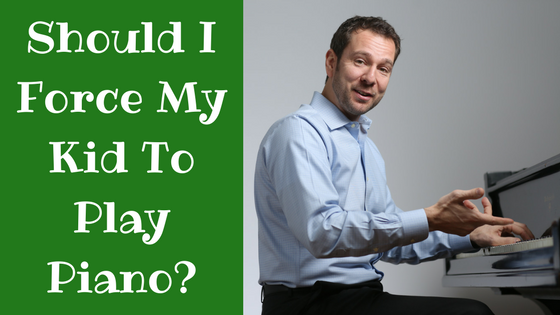
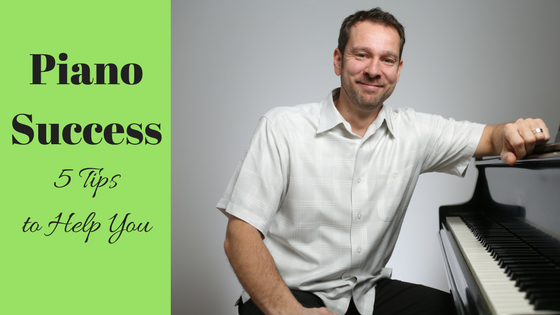
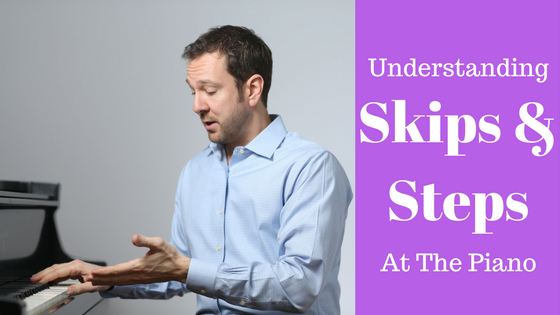
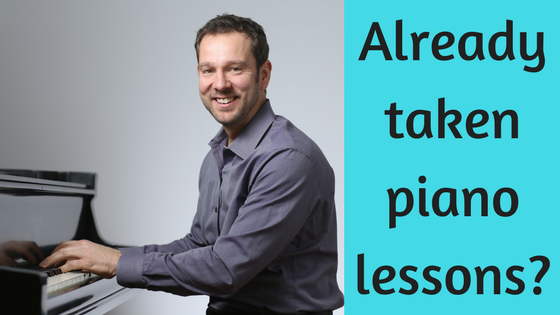
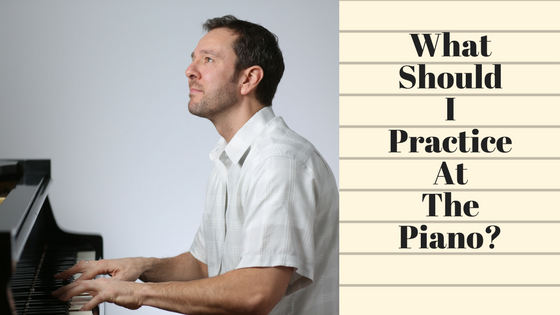
Responses